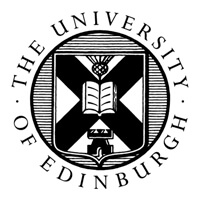fees waived
German and English Language, MA (Hons)
The University of Edinburgh, United Kingdom
Ranking in UK
Modern Languages
English Language and Literature
Russian and Eastern European Languages
Costs
food & rent S$18.4k / year
Entry requirements
Scholarships
Limited quantity
Information
Code
Intakes
Website (External)
Programmes
Information
Duration
2030
German is the most widely spoken first language in Europe and the third most popular language to learn worldwide. This flexible joint honours programme enables students to study German in its cultural context while exploring the historical evolution of the English language. By combining linguistic and cultural studies, participants develop skills as effective communicators, resilient problem solvers, and open-minded individuals. The curriculum offers options across arts, humanities, and social sciences, fostering expertise in various areas.In German studies, students gain professional proficiency in reading, listening, writing, translating, speaking, and presenting, alongside analysis of literature, film, and theatre within historical and political frameworks from the 18th century to today. English Language courses cover theoretical linguistics, language acquisition, regional variations, and communication methods, with opportunities to study Scots. Edinburgh, a leading cultural city, has taught German since 1894 and provides a four-year programme with a full year abroad for personalised learning and enhanced employability.
A local representative of The University of Edinburgh in Singapore is available online to assist you with enquiries about this course.

